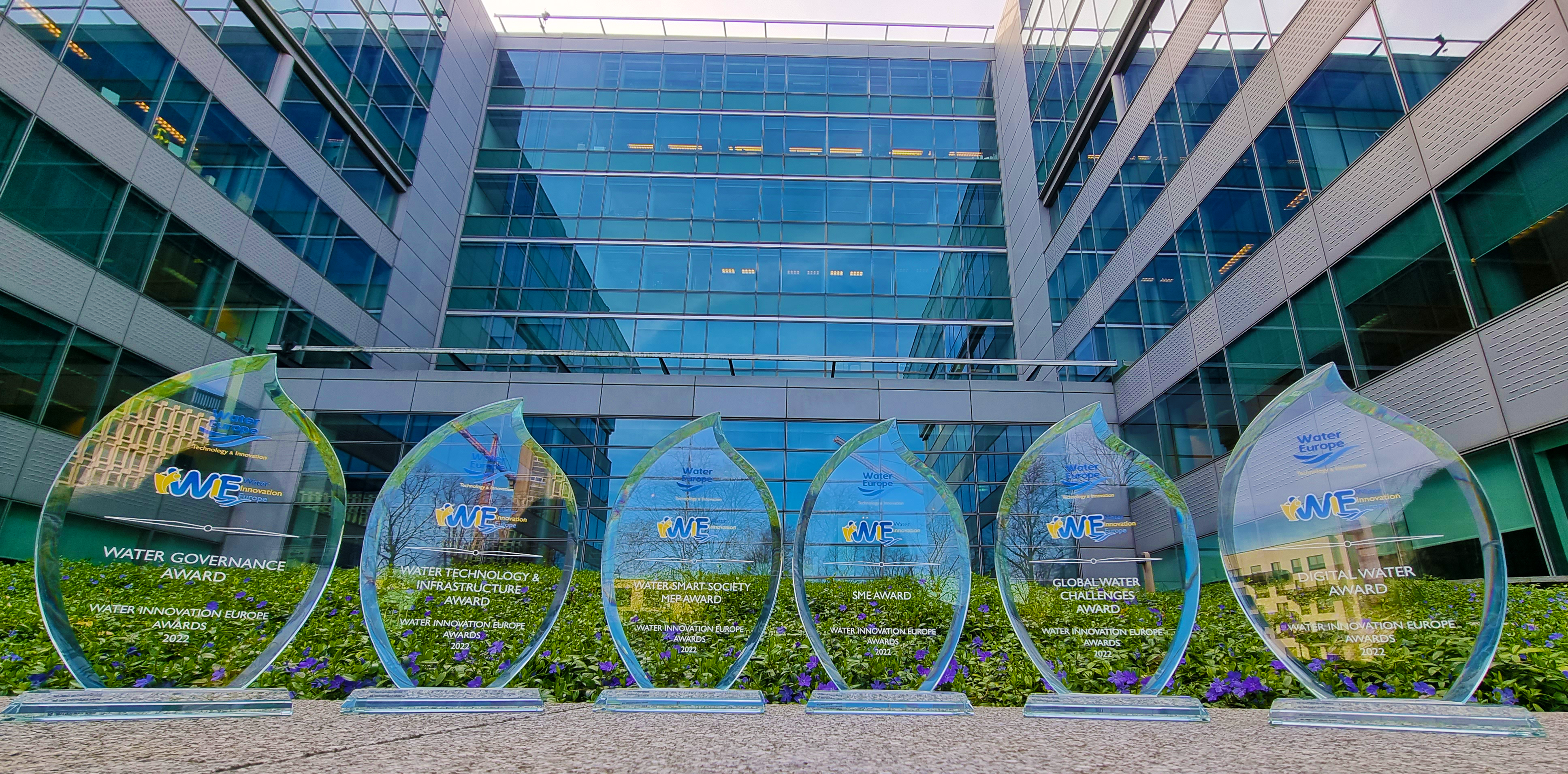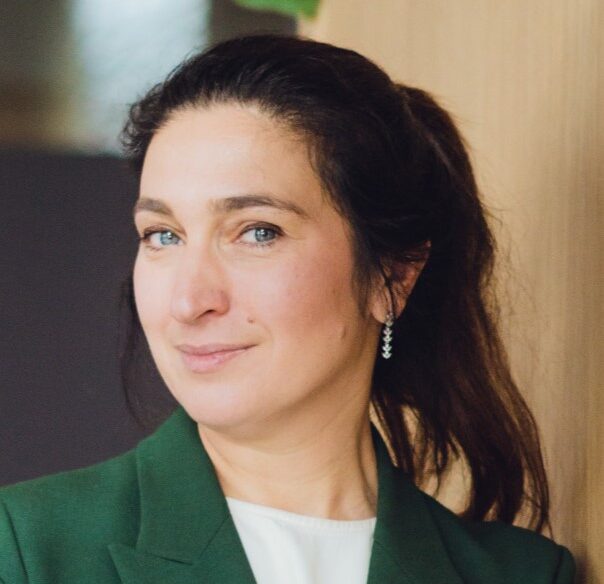
Paving the route to successful exploitation, intellectual property (IP) takes an essential role in the entire life cycle of R&D projects funded through Horizon 2020, the new framework programme of the European Union (EU) for research and innovation for the period 2014-2020. With Horizon 2020, the EU aims at strengthening the European scientific and technological base and fostering benefits for society as well as better exploitation of the economic and industrial potential of policies of innovation, research and technological development. In fact, it is essential that the public resources and efforts used in research are converted into socio-economic benefits to the EU. For this reason Horizon 2020 establishes commitments from the participants in terms of exploitation of the projects’ results, including their protection through IP. Proper IP management should therefore be carefully considered from the very beginning of a project. Major issues to be considered in this context are:
- How will results be protected? How will Joint Ownership be treated?
- How will the exchange of existing knowledge and know-how (i.e. “background”) and results among partners and external stakeholders be managed? What are the best conditions to grant access rights?
- What are the best and most viable routes for exploitation of Horizon 2020 results?
 Horizon 2020 is a very attractive and flexible programme to develop creative solutions to incorporate intellectual assets into proper business strategies. Horizon 2020 is very open for Business. More than any of the former EU RTD framework programme initiatives it is calling for ideas and strategies to identify proper exploitation routes. There are great opportunities and there are not many limits to design the most suitable exploitation strategy at consortium and/or individual participant level.
Horizon 2020 is a very attractive and flexible programme to develop creative solutions to incorporate intellectual assets into proper business strategies. Horizon 2020 is very open for Business. More than any of the former EU RTD framework programme initiatives it is calling for ideas and strategies to identify proper exploitation routes. There are great opportunities and there are not many limits to design the most suitable exploitation strategy at consortium and/or individual participant level.
Exploitation channels may encompass a wide range of different paths to bring research results to the marketplace such as:
- Improving existing/developing new products and services to be more competitive in existing and/or emerging new markets
- Creating new businesses for further exploitation, i.e. Spin-offs or Joint Ventures among project partners or involving third parties outside of the project
- Taking advantage of licensing opportunities by negotiating the right type of licence to be granted, e.g. exclusive, non-exclusive or sole licence, and whether it should be limited by the field of use and/or territory. By nature, licensing is a viable and the most common approach to create business opportunities out of research results.
It’s all about IP – the key to sustainable success
Horizon 2020 collaborative projects differ in their innovation dimension, but as a common principle, they bring partners with different business mind-sets and interests around a table. Expectations and strategies regarding the commercial use of project results are driven by the value and exploitability of IP generated in the project on the one hand and the overall business orientation of the participating institution on the other hand. An IP exploitation strategy at project level can only be successful if institutional IP policies are carefully incorporated and respected in the overall approach.
Usually, most of the institutions involved in Horizon 2020 projects have preferred or established IP exploitation tools and channels, and it is a recommended practice to exchange information within the consortium about those strategies at a very early stage of the project. Obviously, a sustainable and successful IP exploitation strategy at project level has to derive from, and be embedded in, the overall business development strategy of the individual consortium institutions. In the case of small and medium sized-enterprises (SMEs), for which Horizon 2020 has reserved a driving seat to stimulate innovation in Europe, it is not obvious to find proper internal management structures and capacities to turn IP into business. Therefore, specific support measures (i.e. Enterprise Europe Network, European IPR Helpdesk) are available at European, national and regional level to enhance the innovation capacity of SMEs.
Besides the risk of IP conflicts among consortium partners that might hinder the smooth implementation of a project, a lack of expertise in IP management and knowledge transfer also poses a threat to the successful exploitation of project results. Far too often the full potential of commercialising research results remains unrecognised and thus not fully tapped due to inadequate experience and expertise in IP management. This insufficient exploitation of research results contrasts with the rising importance and demand of professional exploitation strategies, which are already an inherent component of collaborative research projects at the proposal stage.
Therefore, with the start of Horizon 2020, the European IPR Helpdesk has implemented an extended focus on IP aspects of downstream activities. Based on an increasingly market-driven approach, more emphasis is placed on turning research outcomes and technological developments into value-creating products and/or services.
For more information, please visit the EU IPR Helpdesk’s website.
 Jörg Scherer is Chief Executive Officer of the European Research and Project Office GmbH (Eurice) and consortium member of the European IPR Helpdesk, the official IP service initiative of the European Commission providing free-of-charge, professional first-line advice and information on Intellectual Property (IP) and Intellectual Property Rights (IPR) to researchers and SMEs. For the European IPR Helpdesk he is coordinating a comprehensive capacity building programme for academics and entrepreneurs with over 50 training sessions a year in the field of IP & Innovation.
Jörg Scherer is Chief Executive Officer of the European Research and Project Office GmbH (Eurice) and consortium member of the European IPR Helpdesk, the official IP service initiative of the European Commission providing free-of-charge, professional first-line advice and information on Intellectual Property (IP) and Intellectual Property Rights (IPR) to researchers and SMEs. For the European IPR Helpdesk he is coordinating a comprehensive capacity building programme for academics and entrepreneurs with over 50 training sessions a year in the field of IP & Innovation.
Mr. Scherer has been working as a research manager in both the academic and industrial sector for the past fifteen years, and has a strong track record in research and innovation management issues within EU RTD Framework Programmes.



